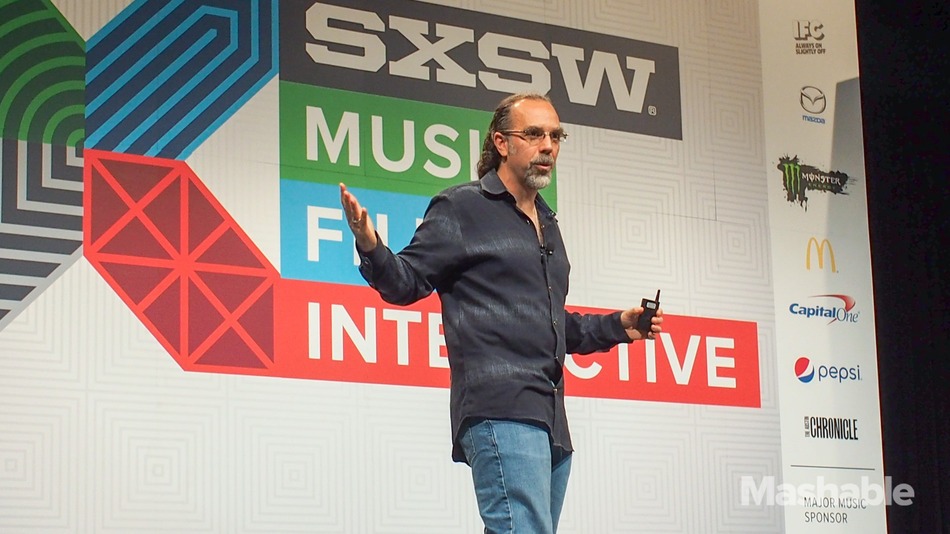
AUSTIN, Texas — As everybody knows, Google made some mistakes with Google Glass. Now the man who led the project has come out and said exactly where he believes the company went wrong.
"We made one really great decision, and one not so great," explained Astro Teller, the head of Google X division where Glass was conceived and managed, to a packed ballroom at SXSW Interactive. "The great decision was to do the Explorer program.
"The thing that we did not do well is that we allowed, and sometimes even encouraged too much attention to the program."
Teller is referring to early Glass stunts such as partnering with Diane von Furstenberg to have runway models wear the connected headset during New York fashion week and encouraging all kinds of influencers to become "ambassadors" as Google Glass Explorers.
One thing Teller doesn't regret in the slightest is the public nature of the Google Glass Explorers program.
One thing Teller doesn't regret in the slightest is the public nature of the Google Glass Explorers program. His keynote at SXSW was all about the value of failure — especially public failure — as it gives data and answers to key questions that you simply can't get in any other way.
"[Glass] was one of those things that we had to get out into the world as soon as possible," he said. "We learned a lot of things about the tech, like the battery. It was also valuable for social testing, and I'm really grateful for all of the fearless pioneers who went on that adventure with us."
The thrust of Teller's keynote was that the secret to building the ambitious projects at Google X — which include self-driving cars, Project Loon's Internet balloons and connected contact lenses — is not to craft them in a secret lab somewhere, but to take them out into the world and watch the either succeed or fail.
"Google X has been good at going out into the world with its projects as early as it can," he said. "if you want to make a ton of progress, you have to make a ton of mistakes."
Teller described some of the failures and successes that various Google X projects have had by taking them out in the the real world, including how a self-driving car was able to react to an unpredictable situation — a woman shooing a duck out of the street — and how the balloons of Project Loon, which continually sprouted leaks in early stages of the program
"If you're not failing at least some of the time, you could be learning faster," Teller said. "It's not about going out and not having these bumps and scrapes, it's about getting full value from them."
Have something to add to this story? Share it in the comments.

